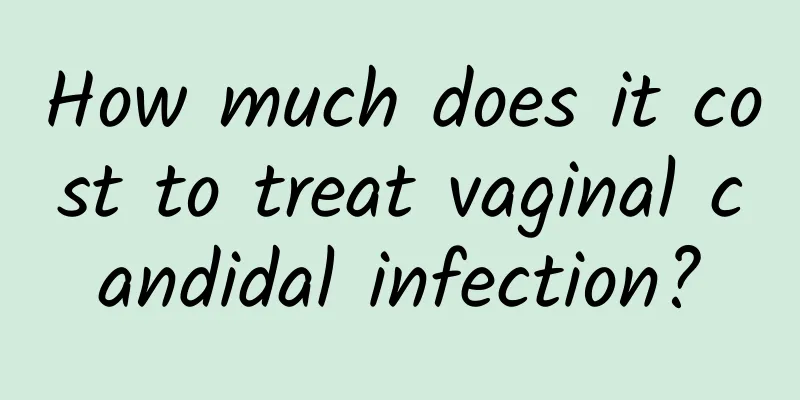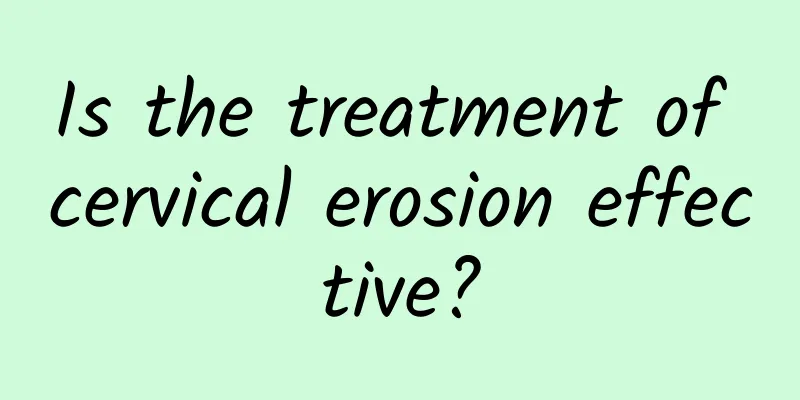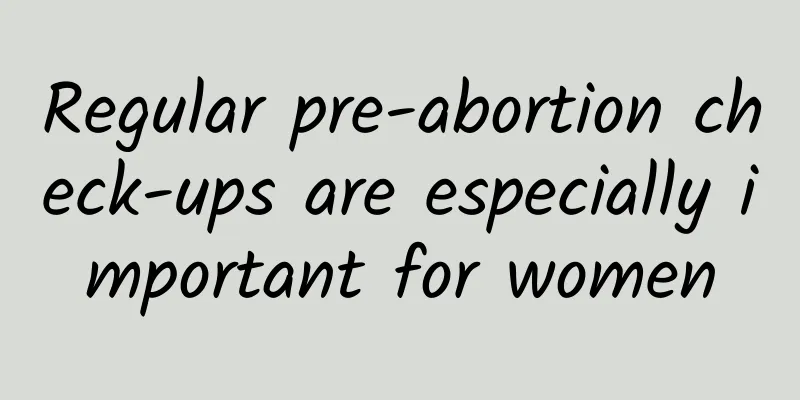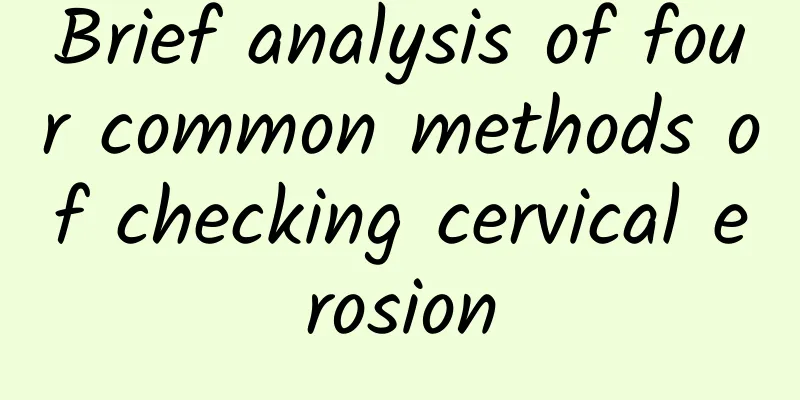Sitting for a long time after eating a full meal will cause weight gain quickly! Study: Taking a walk after a meal can reduce fat accumulation
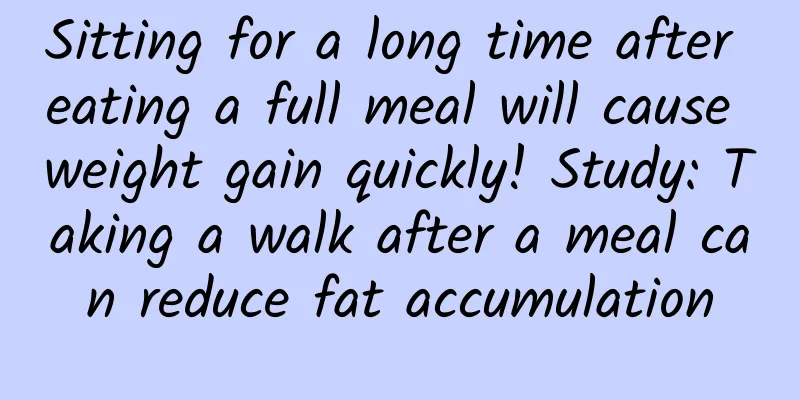
|
If you are used to sitting down after a meal and don’t like to exercise, be careful about gaining weight! 30 minutes after a meal is a critical period for slimming the lower body. 30 minutes to 1 hour after a meal is when the small intestine begins to absorb and blood sugar concentrations rise. Therefore, doing light activities such as walking and standing is an excellent time to help lose weight. Exercise after meals is best for burning fatAccording to a report on the foreign website "Livestrong", exercising after a meal is most effective in burning fat, but it is best to do it within 30 minutes to 1 hour after a meal. A British study published in the Journal of Endocrinology in 2007 pointed out that exercising after dinner can effectively promote hormone secretion and suppress appetite. In addition, a study published by Cooper Aerobics in the United States also found that people who are more active in their daily lives have a similar reduction in weight and fat mass compared to those who do aerobic exercise for 20 to 60 minutes, 5 days a week, for 6 consecutive months. 30 minutes after a meal is the critical period for slimming the lower body. 30 minutes to 1 hour after a meal is the time when the small intestine begins to absorb and blood sugar concentration rises. 👉Recommended reading: Do you have to eat like a "monster" for breakfast? Eating the right food and time can help you lose weight and fight aging Move after meals to avoid fat accumulation in the lower bodySince the stomach and intestines are not suitable for strenuous exercise when they are digesting food, it is best to stand for about half an hour after a meal, or office workers can choose to eat at a farther place so that they can take a walk back to the company after eating. Studies have found that walking for about 20 minutes at a speed of 4 to 5 kilometers per hour about 45 minutes after a meal can help lose weight and burn calories, especially for the lower body where fat is easily accumulated. Next, 30 minutes after a meal, when blood sugar starts to rise, you can do some small activities, such as cleaning the house or hanging clothes to dry. One hour after a meal, blood sugar levels reach their peak, so you can do aerobic exercises such as swimming and cycling to burn a lot of calories. As long as you seize this golden period of weight loss every day, it can help reduce fat accumulation in the lower body and successfully lose weight. |
Recommend
Briefly analyze the causes of cervicitis
Patients with cervicitis should all know that the...
How to treat endometriosis
Endometriosis is a common gynecological disease t...
What women need to pay attention to in preventing cervical erosion
Modern society is constantly progressing, life is...
Detailed description of the symptoms of vaginal candidiasis
Vaginal candidiasis is a common gynecological dis...
What to eat if leucorrhea is abnormal and itchy
Abnormal itching of leucorrhea may be related to ...
Why does vaginal candidal infection recur?
Vaginal candidiasis is one of the common gynecolo...
To maintain a slim and healthy body, you must first establish a correct diet concept
Summer vacation is here, and it is a great time t...
Peanut glutinous rice balls vs. sesame glutinous rice balls, which one has the highest calories? Nutritionist: 4 tips to avoid getting fat
The Lantern Festival is coming soon. According to...
How to take care of yourself after uterine fibroid surgery? What to do if you have vaginal bleeding after uterine fibroid surgery?
The important stage of surgical treatment of uter...
Can I still get pregnant if I have uterine fibroids and ovarian cysts?
Women with uterine fibroids and ovarian cysts may...
What are the treatment methods for female cervical erosion? Traditional Chinese medicine teaches you how to treat cervical erosion
Cervical erosion is a very common cervical diseas...
Cervical hypertrophy Uterine hypertrophy Causes
Causes of cervical and uterine hypertrophy may in...
Explanation: Causes of pelvic inflammatory disease
There is a gynecological disease called pelvic in...
Correct and effective methods are needed to regulate dysmenorrhea
From ancient times to the present, dysmenorrhea h...
What are the common symptoms of cervical erosion?
Many female friends are prone to cervical erosion...


